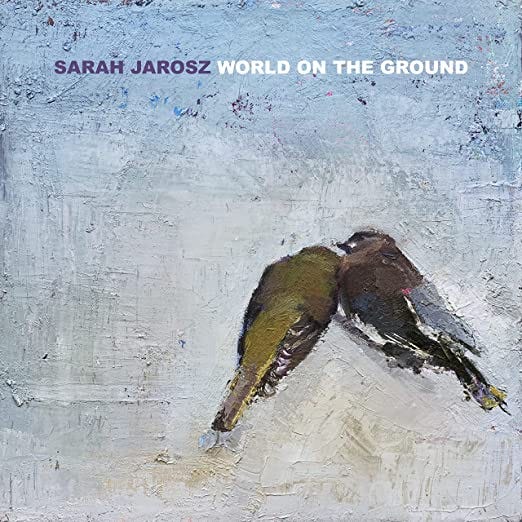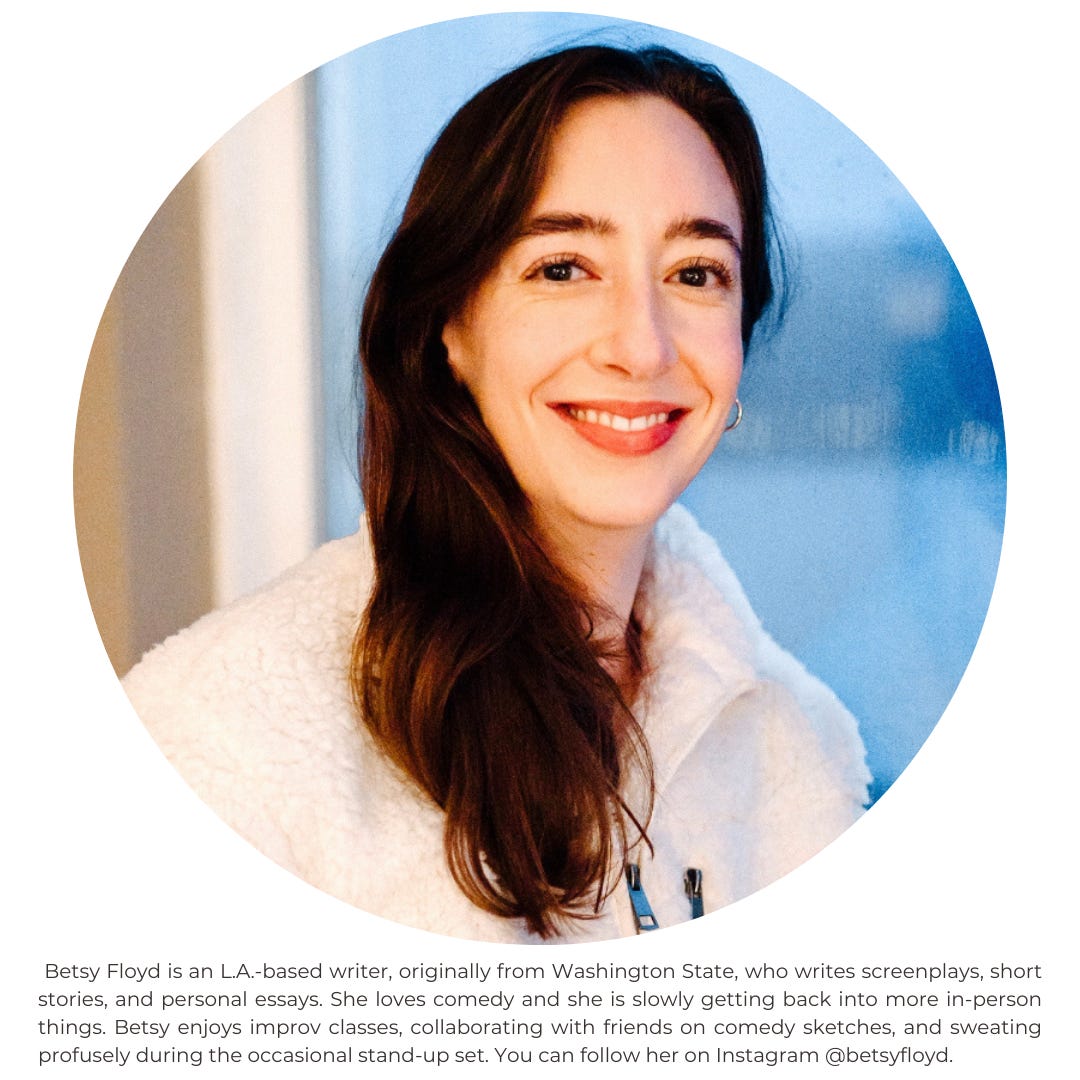
Discover more from The Learning Curve
Welcome to The Learning Curve, a weekly newsletter to share our understandings, joys, and learnings through personal narrative. Our writers span many generations, cultures, identities, and ethnicities.
We’d like to welcome our recent new subscribers! If you haven’t subscribed yet, please join us!
Announcing a brand new feature for our weekly letters: an AUDIO version of the newsletter, read by the author! If you’d prefer to listen to the day’s newsletter, click play in the embedded link at the top of the letter.
Brené Brown, the preeminent researcher on shame and vulnerability shares, “Vulnerability sounds like truth and feels like courage. Truth and courage aren’t always comfortable, but they’re never weakness.” This perfectly summarizes how I feel about Betsy’s letter today. Her strength in sharing her important message, opening up the cloak of darkness surrounding living with a sexually transmitted disease, and what that means moving forward, is compellingly brave. Our struggles unite us because no one is exempt from difficult storms. I believe it’s how we move through the storm that says the very most about our character and awareness of self. —Molly
Click play to hear Betsy read today’s letter.
In mid June, it gets hot as summer is fast approaching. I looked at the itchy hives spread across my palm, inflamed from the heat. My boyfriend and I were driving around DTLA, on a Saturday afternoon date that he’d carefully planned for us.
“My body always goes haywire in June,” I said to him. I felt a familiar tug of melancholy in my chest.
“June was when I got my diagnosis. I always think about it around this time.” I said.
“That’s annoying,” he remarked.
“No, it’s not. When I look back, I feel sadness for her, that person having to go through all that,” I replied. The rage inside of her, and the shame of carrying a disease for the rest of her life– one that didn’t match her in the slightest.
“I feel proud of how far I’ve come—how I responded to it,” I mentioned.
Bittersweet is the word.
In early June of 2020, my body was a mess. I was fighting two infections simultaneously and visiting home. I’d met a new guy, and when I returned from my 2-week stay in Washington State, I’d get to see him again.
Over the course of my first few days at home, my symptoms that I assumed were from my infections, grew extremely painful. They were unfamiliar sensations and before I knew it, they were unbearable.
I went to urgent care, and after having examined me for just a moment, the doctor’s face crumpled into pity.
She said, “I’m so sorry, Hon. You have genital herpes.”
I’ll never forget how my screams echoed through the empty, high-ceilinged building.
Now, some of you may think, “Well, it’s not like it was cancer.”
But believe you me, receiving a diagnosis for a disease that is highly stigmatized due to the fact that it’s a contagious, life-long virus you can’t get rid of— it’s heart-threatening. Soul-threatening. Identity-threatening. Joy-threatening. And for some who consider suicide after diagnosis, it is life-threatening.
My self-perception, my worth, my lovability, all were shattered in that moment. This didn’t happen to “people like me.” How could I have let this happen? How could I have been so stupid? So naive? My rage turned towards myself before moving towards the new guy, who yes, was the one that gave it to me.
In the following days, the only acts of love I could give myself were baths. I’d play Sarah Jarsoz on repeat. Her lower vocal range suited mine, and I’d sing along with her on a loop that let my body and my heart recover from the initial shock.
I ended it with the new guy. For months, I grieved. I swore off dating, which during the early pandemic, was easy to do because no one questioned my motives. It was assumed I did this to ward off the risk of getting covid.
But it was because I couldn’t imagine opening myself up to dating, the potential rejection after disclosure, or even the possibility of finding someone who would accept all of me, including this STD.
In the darkness of winter, a turn came. My therapist had introduced this concept of “radical self-love”—an all encompassing acceptance of ourselves, even the bits society has instructed us to hate. While I initially resisted this idea, over time it spoke to me. There was a part of me that was desperate for this all-consuming, loving tenderness, and a part of me that was afraid to allow its presence.
Things changed when I grew curious about who else was living with this virus. I wondered what life looked after the diagnosis. I felt resistance to letting an STD define my life and self-worth. I eventually found a support group for other women living with genital herpes. Their confidence and vulnerability showed me that the things I wanted were still real and possible.
The support group opened me up to a whole new space of STD de-stigmatizing efforts and sex positive education. I attended workshops on how to disclose my STD to partners, and also workshops exploring my sexuality, desires and boundaries.
Dating wouldn’t mean desperation or praying that someone, anyone would take me. I’d choose more carefully, taking my time to get to know someone, making a calculated risk of who would get the honor of knowing me, of hearing my story.
When I eventually took the leap and began dating in the spring, I put these practices into action. At the slightest whiff of a jerk, I ran. My new dating tactics eventually drew me to a goofy, unassuming, deeply kind man that didn’t blink twice when I disclosed my STD status to him.
In that moment of reminiscing in the car, I felt deep gratitude and tenderness for my past self, for her decision to fight through the shame—for her radical self-love. Each June brings me sorrow, and she also brings me reminders of my strength.
“Bittersweet” is the word.
Resources for those who are looking to shed the society-made shame of carrying an STD:
A Few of Betsy’s Favorite Things
Tara Brach & and her beginner’s meditation class. She’s a psychologist, practicing Buddhist and a very accessible meditation teacher.
The book “Burnt Out” by Emily and Amelia Nagoski. They’re two sisters who break down how women experience stress and how to manage it in transformative ways. Practical takeaways and it gave me a whole new perspective on the role stress plays in my life.
The song, “Turn Up the Sunshine” by Diana Ross & Tame Impala. It’s apparently from The Minions soundtrack, but it’s the definition of a “feel good” song.
In gratitude,
Betsy Floyd
P.S. Choosing connection, letting it be terrible for awhile, and our bodies’ emotional truths.
Subscribe to The Learning Curve
Openness opens. This bi-weekly newsletter shares our honest truths and the beauty they bring.









This is such a tender and genuine letter, Betsy! Thank you so much for sharing <3